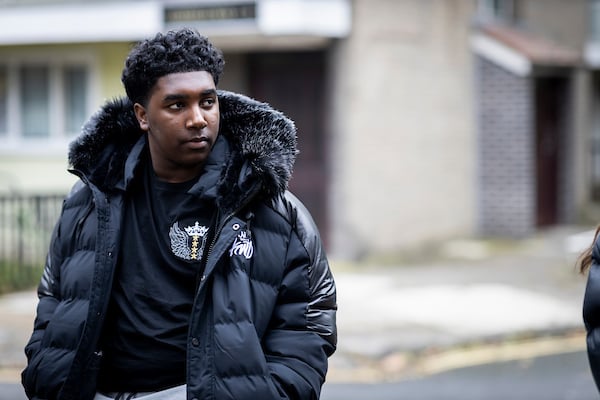Chlamydia
It may not be as gross as other STIs, but an untreated chlamydia infection can lead to serious health implications. Luckily treatment is simple and painless, so you’ve got nothing to lose by getting tested.

What is chlamydia?
Chlamydia – aka the clam, gooey stuff and clap slap – is the most common sexually transmitted disease among under-25s, with one in 10 sexually active young people currently infected according to the Family Planning Association (FPA).
It’s caused by a tiny bacterium and if left untreated can lead to long term health problems and even affect your ability to have children.
How can you catch chlamydia?
You can catch chlamydia by having sex without a condom, including from unprotected vaginal, oral or anal sex, as well as through sharing sex toys with an infected person. It affects both sexes, and can infect the cervix, urethra, anus, throat and, very rarely, it can cause an eye infection.
What are the symptoms of chlamydia?
The scary fact is that most infected people won’t have any symptoms. But if you do develop symptoms, they’ll include a stinging sensation when peeing, and there may be a smelly discharge from the penis and pain or tenderness in the testicles. If you have a vagina, the obvious signs are cystitis, a smelly vaginal discharge, pain in the pelvis during sex, and bleeding between periods. If the infection is caught from anal sex there can also be pain and discharge from the anus.
While these symptoms can present themselves within the first three weeks of infection, they can stay hidden for months, if not years.
Treatment for chlamydia
Chlamydia is a common STI, and diagnosis and treatment is straightforward. Go to your nearest genitourinary medicine (GUM) clinic, or make an appointment to see your doctor (GP). If you really can’t face anyone, you can also test yourself at home. Check out our article on home STI kits here.
If you’re taking the DIY diagnosis route and you’re under 25 your local primary healthcare trust may send you a testing pack in the post for free. You send a urine sample to a laboratory for testing and you’ll get the results by post.
In the surgery or clinic, you’ll either be asked to produce a urine test or the GP will take a swab. This will be taken from either the vagina, or from the tip of the penis. If you’ve had anal or oral sex the GP may take a swab from your anus or throat. The samples will be sent to the lab or examined by the doctor under a microscope, which will give you the results straight away.
Treatment is a course of antibiotics. This can be prescribed by your GP, or you can buy the over-the-counter drug azithromycin, sold as Clamelle.
Do I have to tell anyone about having chlamydia?
While you may not want to shout it from the rooftops it’s important to tell any sexual partners to avoid re-infection. Chances are they’ll need to be tested and be put on a course of antibiotics, too.
Any diagnosis will be in complete confidence if you’re over 16. If you’re under 16, each clinic has rules about confidentiality and they should make these clear to you if you ask, so you can decide whether to carry on with the consultation.
What happens if you ignore chlamydia?
Ignoring chlamydia can lead to some pretty serious health issues, especially in women. The mildest of these is cervicitis, which is an inflammation of the cervix, and the worst-case scenario is pelvic inflammatory disease (PID). This painful infection of the uterus can damage the fallopian tubes and leave a woman infertile.
In some cases, women with untreated PID suffer a ruptured organ in much the way an appendicitis sufferer might. This can be fatal. Chlamydia infection in pregnant women may also be linked to early miscarriage and premature birth.
For men, leaving it untreated may lead to a painful infection in the testicles and can sometimes reduce fertility. Babies born to a mother with chlamydia may also be born with the infection, causing eye damage or pneumonia.
How do I protect myself from contracting chlamydia?
Using a condom during any kind of sex – vaginal, anal, oral or playing with sex toys – will prevent transmission of chlamydia. However, it won’t protect you during foreplay, so while it may sound deeply unsexy to do so, it’s important to wash your hands afterwards to prevent the spread of infection.
How soon can I have sex again after catching chlamydia?
Don’t be fooled by the fact that you have no symptoms, make sure you’ve completed your medication and got the all clear from your GP before you have sex again. Most doctors will recommend abstaining from sex for at least seven days while undergoing treatment.
More help with chlamydia and other STIs
- Are you Getting Some? Get Tested! Search for a sexual health clinic near you
- Share your experiences with the community on our Discussion Boards.
Next Steps
- Are you Getting Some? Get Tested! Search for a sexual health clinic near you
- Chat about this subject on our Discussion Boards.
By Nicola Scott
Updated on 27-Jan-2023
No featured article










